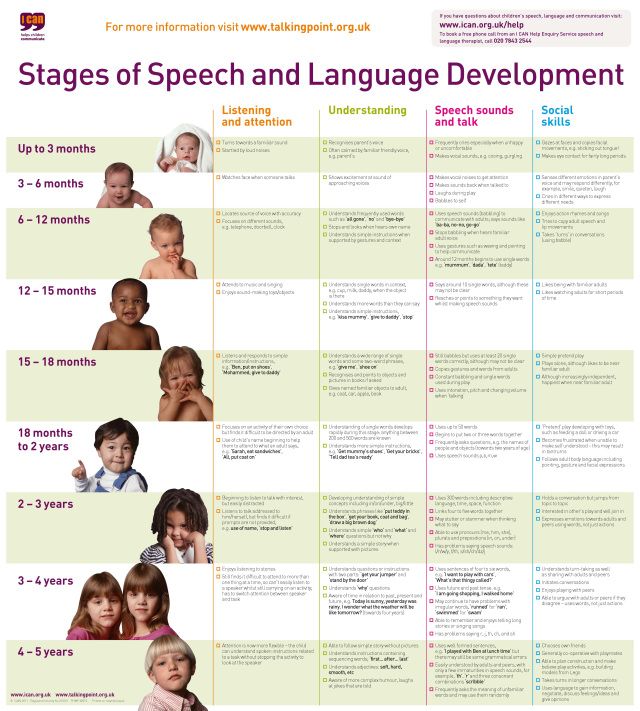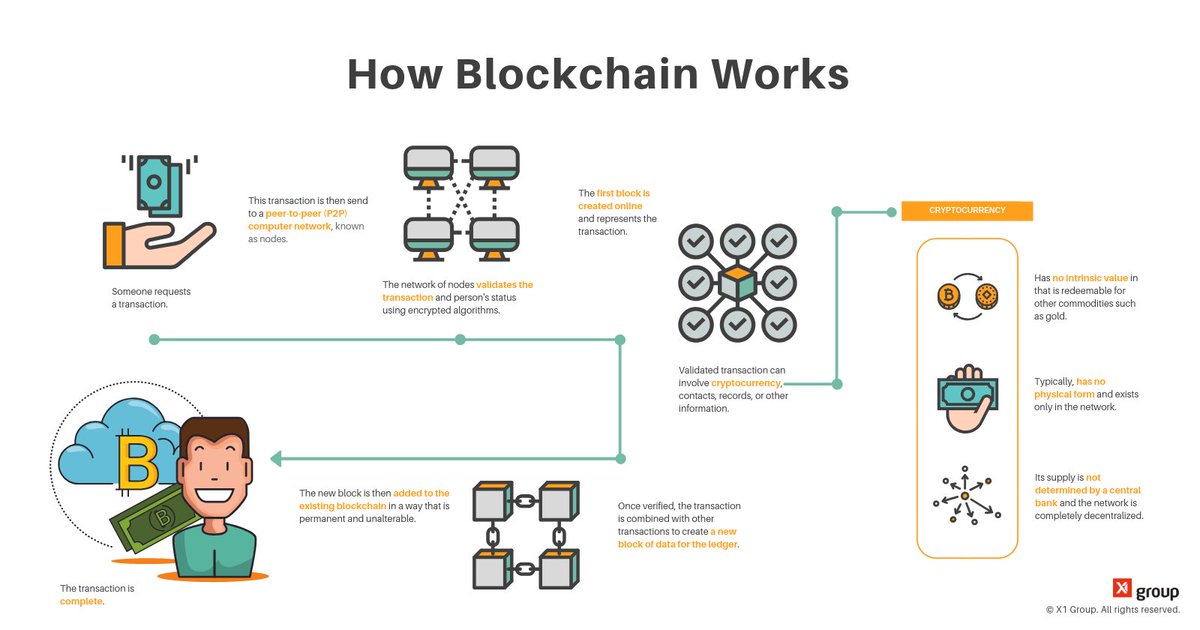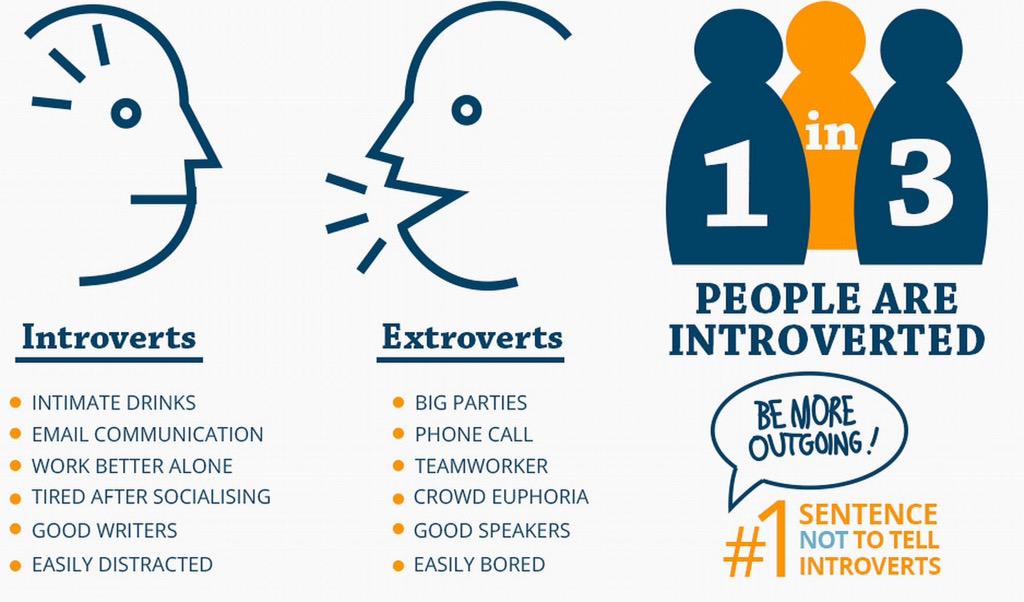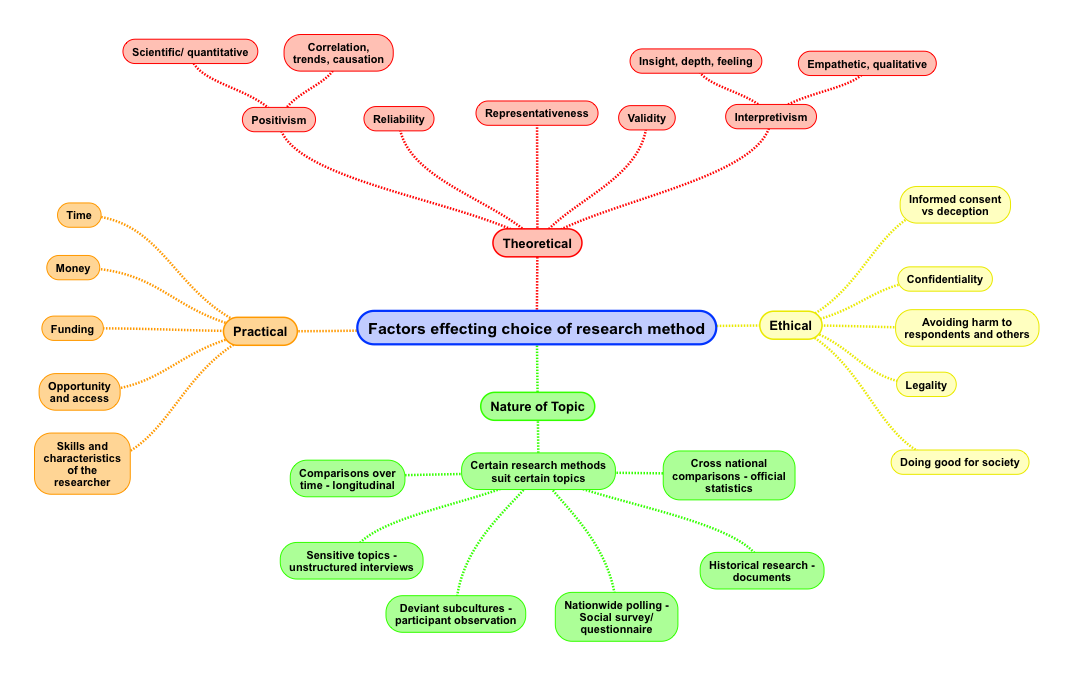What is the point of emotions
Why it's important to "feel" all of your feelings
There’s a reason we all have a wide range of emotions: we need them.
Emotions help us to communicate with others, such as when we feel sad and need some help. They also can help us to act quickly in important situations.
For example, when you’re about to cross the street and see a car coming quickly, fear gets you to jump back onto the curb. Emotions also provide important information and can sometimes be experienced as a “gut feeling” or intuition.
What is emotional invalidation?
Emotional invalidation happens when we tell someone that what they’re feeling is “wrong.”
It can sometimes sound like “you’re overreacting, just get over it, at least you have [blank], or good vibes only.” We can also do the same thing to ourselves in the form of our own self talk.
The opposite of invalidation is validation, and this occurs when we communicate that someone’s emotions make sense, or are, at the very least, understandable.
Why does emotional invalidation hurt?
Invalidation hurts because it communicates that understandable feelings are somehow wrong or bad.
This makes it difficult to know what we’re feeling, process our emotions and get support from others.
Invalidation weakens our connection with others and increases feelings of loneliness, while validation does the opposite. Validation helps us feel more connected to others and problem solve more effectively.
How can acknowledging that you don’t feel OK be helpful?
The simple act of labeling what you’re feeling (without judgement) can help regulate your emotions. Emotions come and go like waves, if we let them. The idea here is to ride the wave of emotion instead of trying to stop a giant wave and getting pushed around.
Why can ignoring anger, grief and sadness be harmful?
When we ignore our feelings it creates a “boomerang” effect where the emotions will just come back later, and sometimes even stronger than they were before.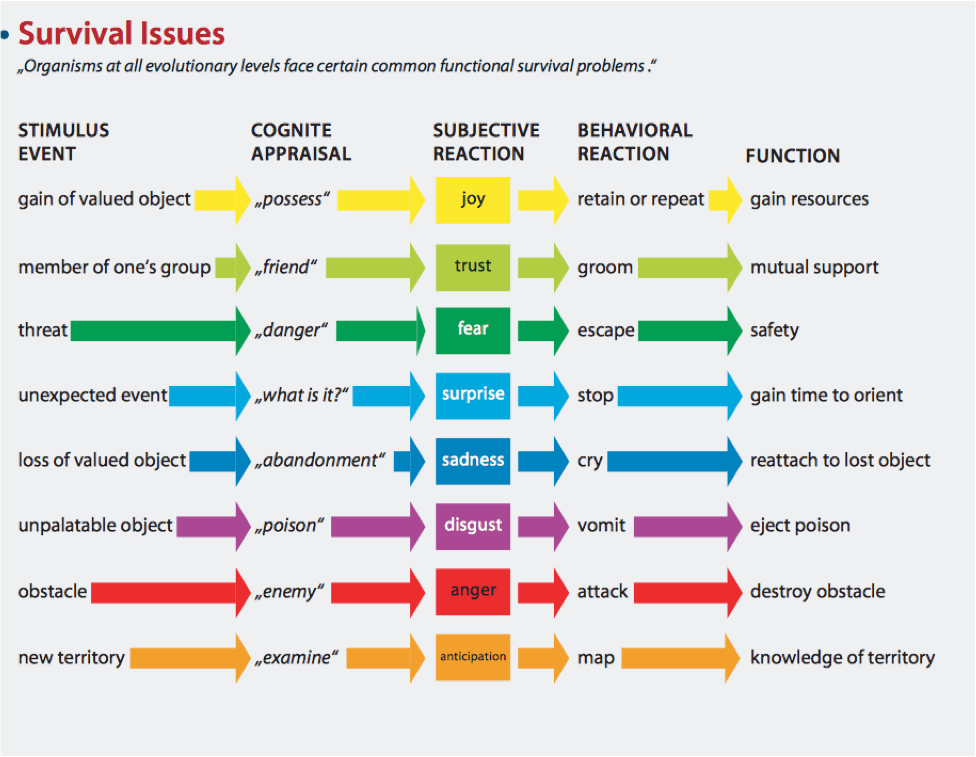 Allowing ourselves to feel what we’re feeling helps us move forward instead of getting stuck.
Allowing ourselves to feel what we’re feeling helps us move forward instead of getting stuck.
Why are we struggling with our feelings as the COVID-19 pandemic drags on?
We all experience negative and overwhelming emotions at times. Factors that make us more vulnerable to negative emotions include: physical illness, insomnia/fatigue, substance use, hunger or overeating, too many demands on our time and threats in the environment.
The COVID-19 pandemic has created a situation where these factors occur more often and/or more intensely. So it makes sense that as the pandemic continues, more of us are struggling with more negative and overwhelming emotions.
When should you seek mental health help?
If you find that emotions cause distress and/or impact your functioning, it might be time to seek professional help. Therapists and psychiatrists create a safe environment for you to explore your emotions and help you find solutions to problems in your life.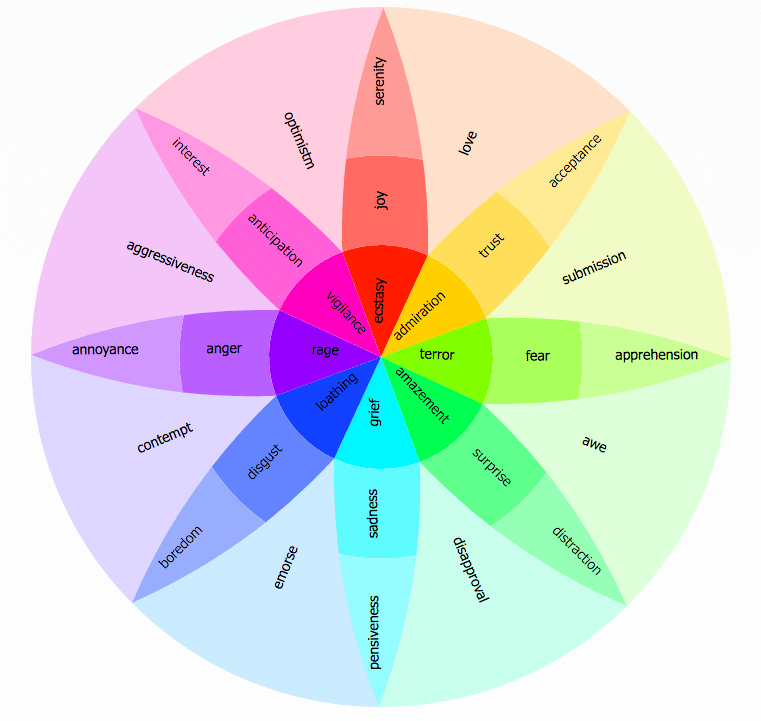
Emily Bucher is a psychiatric counselor at The Ohio State University Wexner Medical Center.
The Purpose of Emotions - Fly Five SEL
Mindfulness
12/27/2021
Please wait while flipbook is loading. For more related info, FAQs and issues please refer to documentation.
What Emotions Can Do
Experiences, relationships, beliefs, and physical health determine a large part of why we feel the way we feel. Whether emotions are comfortable or not, each sensation is telling us something we didn’t know before about our wants and needs. These opportunities to reflect on how emotions arise within our everyday life strengthen our social and emotional competence.
Emotions motivate us to make difficult decisions, lead purposeful lives, and advocate for ourselves and others. All of our emotions have a purpose that can be addressed in a meaningful and productive way, once we learn how to recognize and regulate them. Emotions like joy, give us a sense of purpose and well-being, while more challenging emotions like disgust help us redirect what is harmful or unhealthy.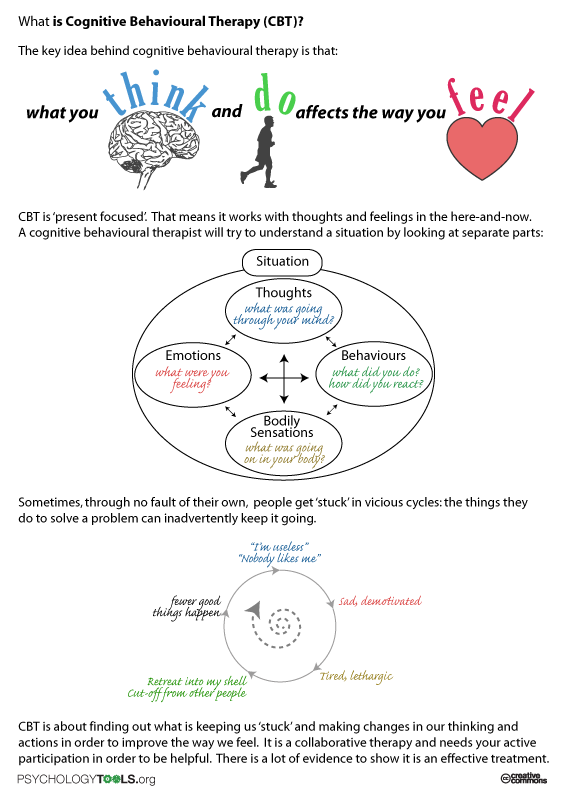 As we reflect on our inner lives, what we learn about ourselves and our students can create deeper bonds in and out of the classroom. Honoring and being aware of our emotions can lead to being more ambitious, empathetic, and determined individuals.
As we reflect on our inner lives, what we learn about ourselves and our students can create deeper bonds in and out of the classroom. Honoring and being aware of our emotions can lead to being more ambitious, empathetic, and determined individuals.
What Is the Purpose of Emotions?
As children develop and their emotional lives become more complex, it is pivotal that they learn how to identify, manage, and understand their emotions. With greater insight into their emotions, students will be able to make stronger connections between their emotions and the actions they take. From Plutchik’s eight emotions, we learn that joy, sadness, anger, fear, anticipation, surprise, disgust, and trust influence our daily actions and experiences (Karimova, 2021).
Once students take on the responsibility of acknowledging their feelings, it is easier for them to be empathetic to others who have had similar experiences. When listening to our inner emotional life, we are better able to remain calm, focus on the task at hand, and remain generous with ourselves and others. When we experience any of Plutchik’s eight emotions, it is useful to consider their purpose:
When we experience any of Plutchik’s eight emotions, it is useful to consider their purpose:
- Joy: gives us a sense of purpose and well-being
- Sadness: helps us focus on what matters
- Anger: motivates us to take action
- Fear: protects us from harm or danger
- Anticipation: helps us to predict our outcomes
- Surprise: redirects our attention to something new
- Disgust: helps us to redirect what is harmful or unhealthy
- Trust: allows us to be vulnerable and to bond with others
As we improve our awareness of the purpose behind our emotions, it becomes easier to manage both challenging and positive situations in and out of the classroom. Teachers and students will be able to express their values and beliefs more fully, engage in activities that are meaningful to us, and find that it’s easier to express ourselves in a more productive way.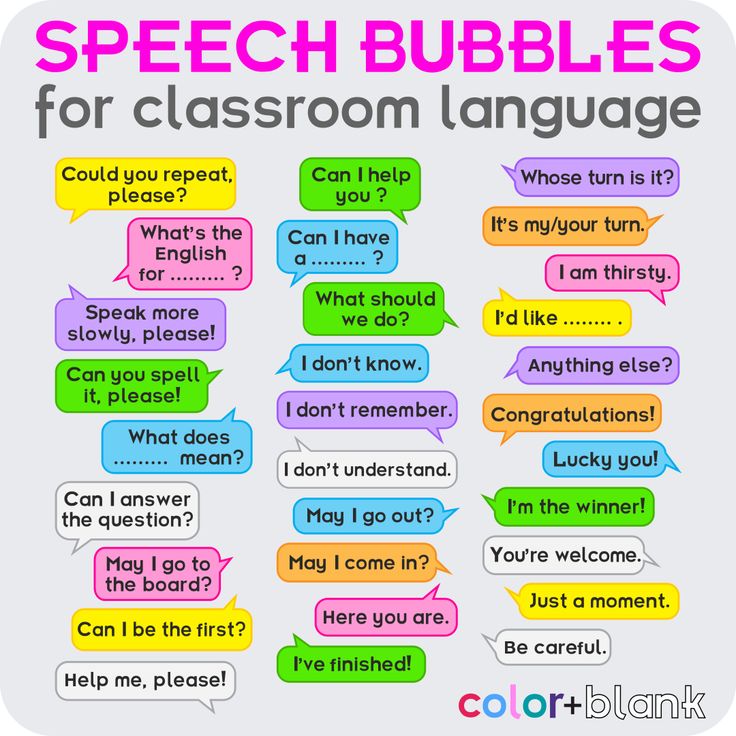
How to Express Emotions Constructively
Even as adults, we are constantly learning (or unlearning) the way we handle our emotions. Unhealthy strategies for dealing with stress, like avoidance or withdrawing from friends and family, can be habitual—but those strategies don’t have to inform our responses forever. When we understand that emotions have a purpose, we can neutralize the way that we view them so that we are able to express them in a constructive manner.
Expressing emotions in a productive way not only helps us make more thoughtful decisions, but, as Lerner et al. (2015) have noted, it also makes our decision-making process faster. Research has also shown that joy and anger are closely related emotions that cause people to “leap into action” (Cherry & Morin, 2021). When we process valuable information about ourselves, we are better able to respond appropriately, no matter the circumstance. Consider the ways in which our actions create a positive response:
- When we experience anger, we are more likely to stand up against the source of resistance.
 This extends to social justice issues or standing up to protest.
This extends to social justice issues or standing up to protest. - When we experience fear, we are more likely to protect ourselves and our loved ones.
- When we feel joy, we are more likely to act on our connection to satisfaction. (Cherry & Morin, 2021)
Emotions Allow Us to Understand Each Other
Expressing our emotions constructively involves not only being direct about how we feel, but also being aware of what we are communicating through body language and other cues such as facial expressions. Through universal unspoken dialogue, we are able to connect more deeply with others and share experiences. When we do express our emotions directly, whether we are feeling happy, sad, or surprised, it gives others valuable information that they can also use to make active decisions.
References
Cherry, K., & Morin, A. (2021, July 14). 5 reasons emotions are important. Verywell Mind.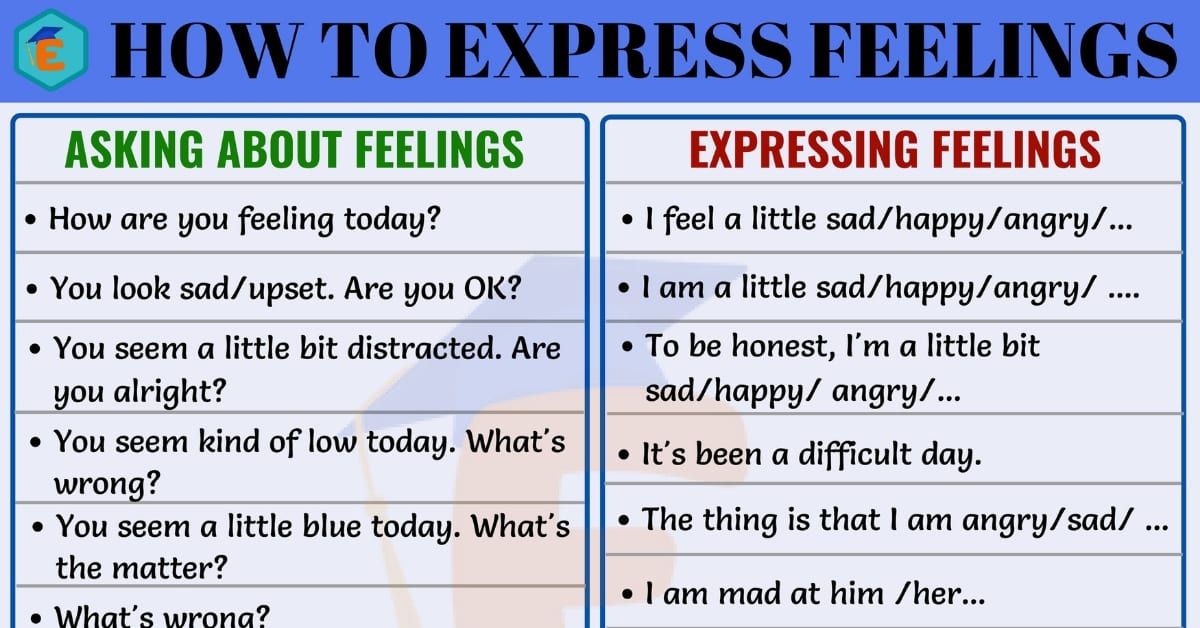 https://www.verywellmind.com/the-purpose-of-emotions-2795181
https://www.verywellmind.com/the-purpose-of-emotions-2795181
Karimova, H. (2021, May 20). The emotion wheel: What it is and how to use it. Positive Psychology. https://positivepsychology.com/emotion-wheel/
Lerner J. S., Li, Y., Valdesolo, P., & Kassam, K. S. (2015). Emotion and decision making. Annual Review of Psychology, 66, 799–823. doi:10.1146/annurev-psych-010213-115043
Why does a person need emotions? //Psychological newspaper
Emotions are a part of our life, refusing them, we deprive ourselves. What influences our emotional life? What is the value of emotional experiences? We discussed these and other questions with Professor Alfried Lenglet, the author of the existential-analytical theory of emotions, which is presented in his monograph “What Moves a Man?”
Our whole life is accompanied by emotions - we are surprised, happy, worried, sad. Someone is used to showing their emotions, someone is inclined to keep them under control, but the main thing is that we are able to experience them.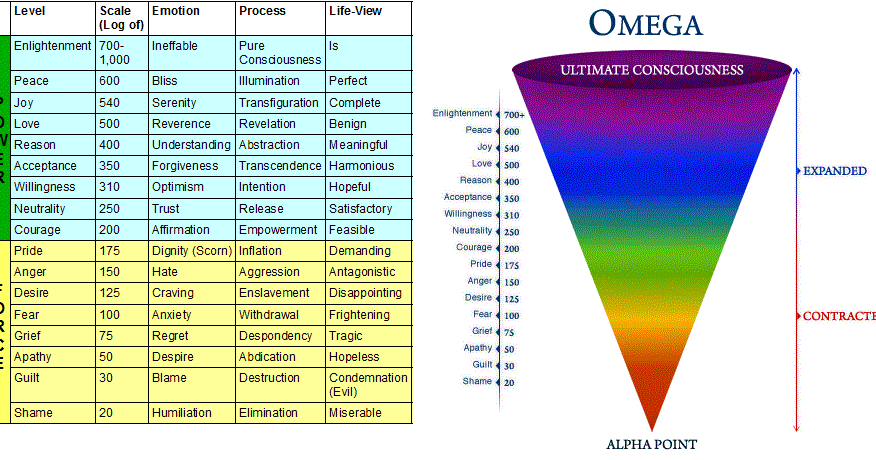 It is impossible to feel real joy without feeling joy, to realize the loss of a loved one without the pain of loss. Through our emotions we live life and if something is wrong with them, we lose the ability to be in this world for real.
It is impossible to feel real joy without feeling joy, to realize the loss of a loved one without the pain of loss. Through our emotions we live life and if something is wrong with them, we lose the ability to be in this world for real.
- What are emotions and why are they so important for a person?
- Emotions are feelings, inner movements in which we experience the flow of our life. Feelings let us know what our relationship with life really is, they connect us with being. Experiencing a beautiful sunset or a delicious lunch, we feel pleasant emotions that show that we are in good relationship with life. On the contrary, when we suffer from a loss or from an illness, we have negative emotions or affects that indicate that we are in a bad relationship with our being.
- And what is the difference between emotions and affects?
- Terminology is not generally accepted in psychology. In existential analysis, we separate them as follows, affect is caused by a specific experience, a specific experience, and emotions come from within. For example, anger or aggression arises from some external stimulus, so a gripping film causes affects, and my inner peace is an emotion that comes from my own soul, like joy or love. At the same time, erotic feelings are affects, and it is good when affects and emotions meet, when we love someone and at the same time have erotic feelings for this person.
In existential analysis, we separate them as follows, affect is caused by a specific experience, a specific experience, and emotions come from within. For example, anger or aggression arises from some external stimulus, so a gripping film causes affects, and my inner peace is an emotion that comes from my own soul, like joy or love. At the same time, erotic feelings are affects, and it is good when affects and emotions meet, when we love someone and at the same time have erotic feelings for this person.
- Are affects and emotions innate?
- The very ability to experience affects or emotions is innate, it is like the ability to speak. But we learn to speak only within a certain culture, just as we learn emotions in the environment in which we live, and our acquired skills are superimposed on this innate ability.
- Is it possible to control your emotions?
- Yes, of course.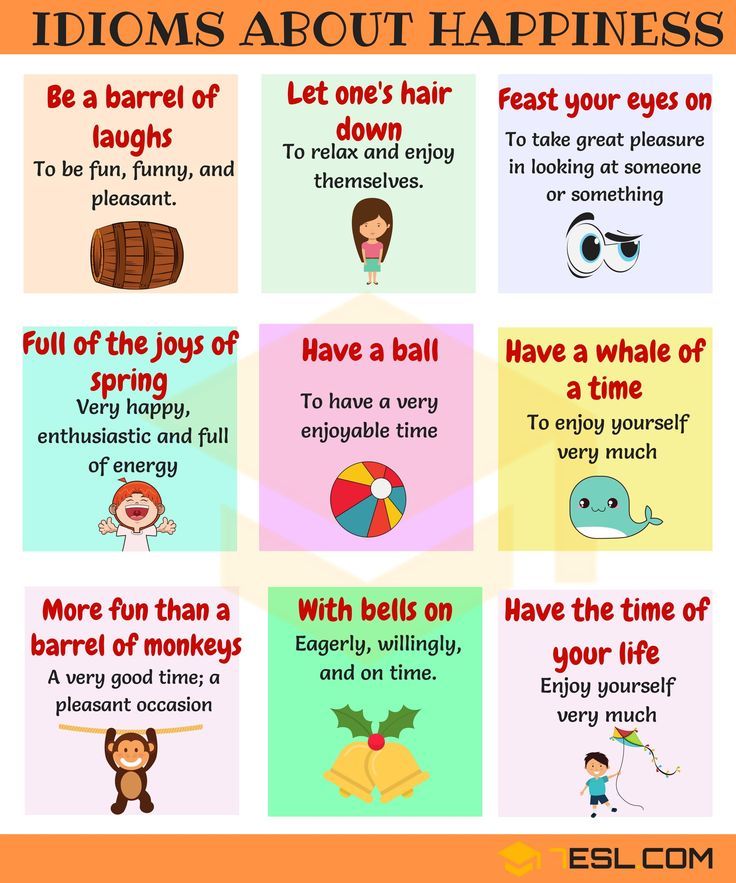 But we need to approach this in a differentiated way, since far from everything is under control. We cannot control the emotion itself when it has already arisen and predict its nature in advance. But we can control how we deal with it, at least it can be learned. The child does not have this ability, but in the process of development he acquires the necessary skills to deal with emotions. But, nevertheless, we cannot control what kind of feeling will arise in this or that situation. And in some cases, emotions can be very disturbing. For example, I go to a party and expect some pleasant emotions, but instead, I sit there and feel lonely, inferior, unattractive. I cannot voluntarily change the vector of my emotions, they are free and arise on their own. But it is in my power to control how I deal with them, I can either ignore them or let them happen.
But we need to approach this in a differentiated way, since far from everything is under control. We cannot control the emotion itself when it has already arisen and predict its nature in advance. But we can control how we deal with it, at least it can be learned. The child does not have this ability, but in the process of development he acquires the necessary skills to deal with emotions. But, nevertheless, we cannot control what kind of feeling will arise in this or that situation. And in some cases, emotions can be very disturbing. For example, I go to a party and expect some pleasant emotions, but instead, I sit there and feel lonely, inferior, unattractive. I cannot voluntarily change the vector of my emotions, they are free and arise on their own. But it is in my power to control how I deal with them, I can either ignore them or let them happen.
- Are emotions our friends or enemies?
- Emotions are like our eyes. Eyes are our friends or enemies? Sometimes the eyes have to see things that we don't like. And in such cases, we can say that they are our enemies. Another time our eyes see pleasant things and then they are our friends. But in reality, the eyes are neither friends nor enemies, they are neutral. So our emotions are neutral. Emotions are a form of perception. And the ability to perceive is as necessary to us as the ability to see. And we live worse without eyes or without emotions.
Eyes are our friends or enemies? Sometimes the eyes have to see things that we don't like. And in such cases, we can say that they are our enemies. Another time our eyes see pleasant things and then they are our friends. But in reality, the eyes are neither friends nor enemies, they are neutral. So our emotions are neutral. Emotions are a form of perception. And the ability to perceive is as necessary to us as the ability to see. And we live worse without eyes or without emotions.
- What happens to a person when he blocks his emotions?
- This person feels separated from life. Such a life loses depth and ceases to be full. Although there is an advantage in the loss of emotions, without them a person suffers less. What causes pain ceases to disturb, a person no longer feels it. And this is the main reason why people lose their emotions. They defend themselves against experiences that hurt them so much that it becomes unbearable.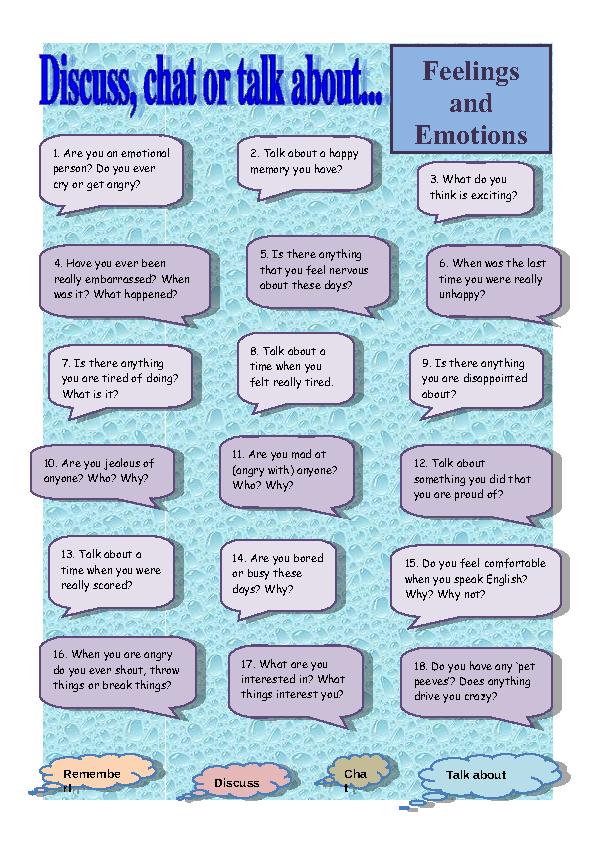 And so, they automatically heal themselves by blocking their own emotions.
And so, they automatically heal themselves by blocking their own emotions.
- It turns out that a person ceases to "be". Is blocking emotions related to the psychological death of a person?
- Sometimes it looks like this, but in many cases, people who give up their emotions can be quite socially successful. But with their inner life, everything is different, they can no longer fully be in a relationship with themselves and with others. They become cold, and for the partner it looks as if the person has died emotionally. This is a typical situation in which psychosomatic disorders occur, because a person loses sensitivity to his own psychological and somatic state. In some cases, this leads to overload, too much stress, which causes these symptoms.
- What is the difference between emotions and feelings?
- We use the word feelings as a more general term that includes emotions and affects.
- Some people are very cheerful, some are reserved. Is there a concept of emotional norm?
- From the position of existential psychology, a normal emotional life is a life that corresponds to me. At the same time, a person has a sense of his own freedom, in relation to his emotions, and he feels that they are adequate to his real state. Otherwise, we are talking about painful emotional manifestations. For example, when a person is in a circle of friends and everyone around is laughing, but he is sad, because what is happening reminds him of some unpleasant episode from childhood. In this situation, a person is not open to reality and cannot experience what is actually happening around, he is fixed on his emotions. With a healthy emotional life, a person allows emotions to flow freely in accordance with reality.
- In your opinion, how are emotions related to intuition?
- Intuition is also a kind of emotion, due to which certain contents arise in consciousness.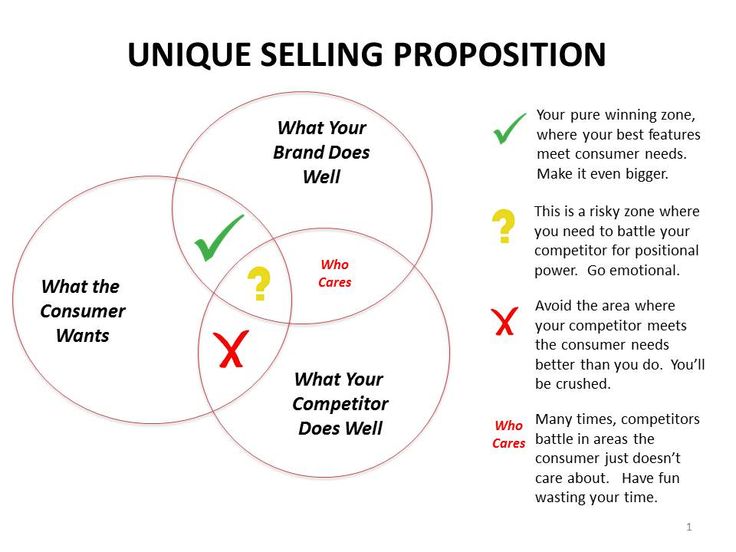 Nowadays, intuition is often referred to as emotional intelligence.
Nowadays, intuition is often referred to as emotional intelligence.
- Can one rely on emotions in making one's decisions? And what role does intuition play in this?
- It all depends on how a person wants to live. If he wants to live a fulfilling life, then it is very important to trust his emotions when making decisions. If a person prefers to live like a robot in order to function, then emotions will only interfere with him. From an existential point of view, it is more correct to rely on emotions when making decisions, because we consider them as one of the abilities of perception. Not only do we have the five senses and the intellect to perceive certain contents, we also have the emotions to experience reality. Just as we feel electromagnetic waves through our eyes, we experience the quality of reality through our emotions. For example, relationships can be warm or cold, and these qualities are reflected in emotions.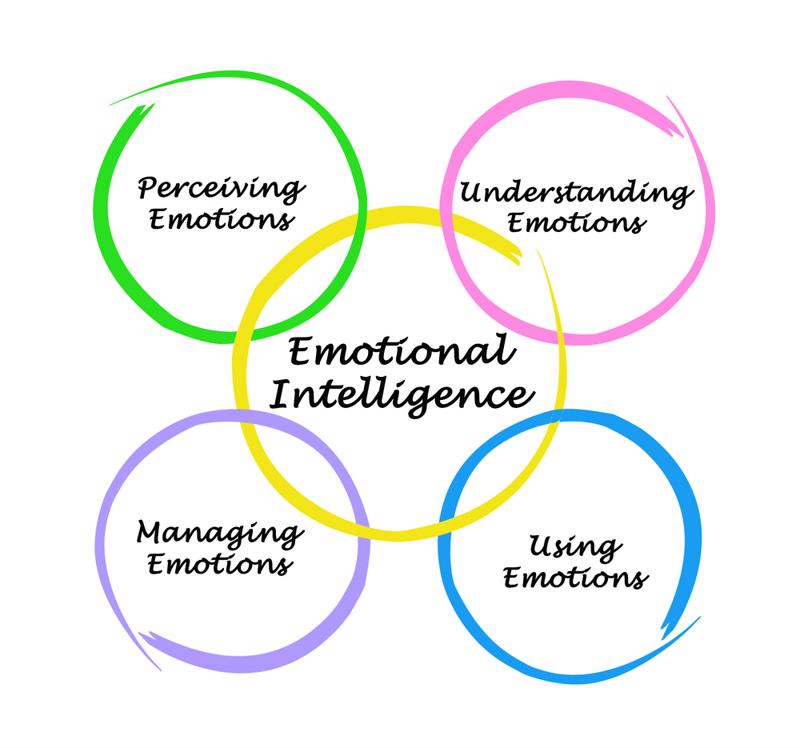 The inclusion of emotions expands our possibilities, we learn more about reality through our feelings, in contrast to the situation in which we rely only on thinking. Therefore, focusing on emotions when making decisions is simply vital. Moreover, the activities that result from such decisions bring more satisfaction.
The inclusion of emotions expands our possibilities, we learn more about reality through our feelings, in contrast to the situation in which we rely only on thinking. Therefore, focusing on emotions when making decisions is simply vital. Moreover, the activities that result from such decisions bring more satisfaction.
As for intuition, it is a special kind of feeling that gives information about something that is not yet there. This is the perception of something that does not exist, but is possible, this is an anticipation of reality and an emotional look at the development of the situation, which is most likely. Therefore, if we take into account our intuition when making decisions, they become more adequate to reality. I know many smart and influential people who are involved in the economy, these are financial analysts, and bank directors, and brokers. They admit that they often rely on their intuition when making decisions, and in about 4 out of 5 cases, it does not fail them.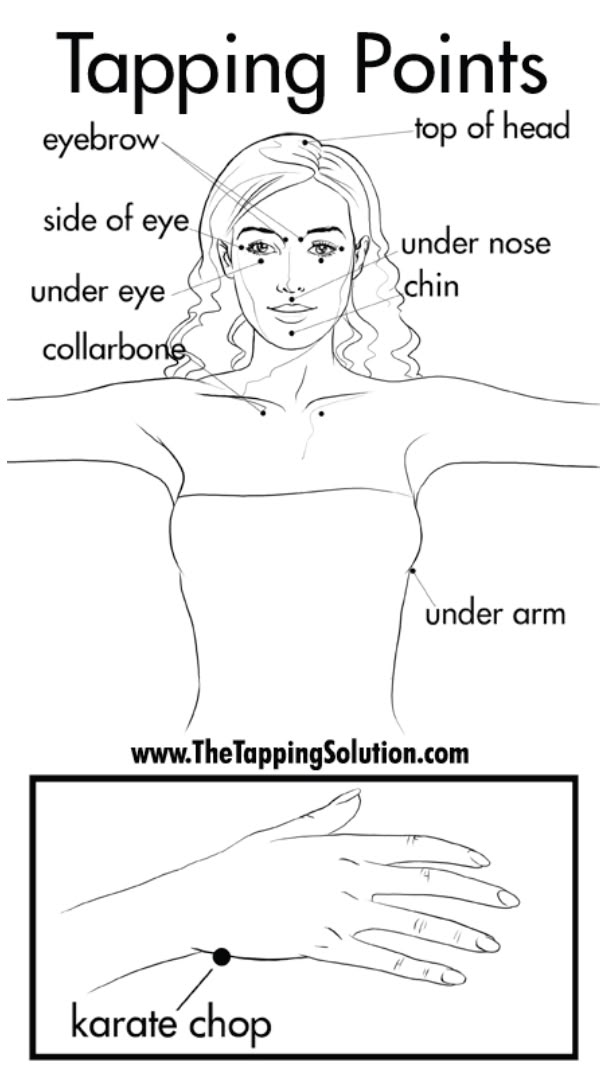 When the decision is made on the basis of rational conclusions, in 3 out of 5 cases it turns out to be wrong.
When the decision is made on the basis of rational conclusions, in 3 out of 5 cases it turns out to be wrong.
- Usually emotions are accompanied by facial expressions and gestures. Why is it difficult for us to understand another person?
- Sometimes it can be difficult to understand other people, but in many cases it is not difficult at all. We understand when a person tells us “yes” or “no” with gestures. If a person waves his hand, then the other understands that he is called to come closer. These simple gestures are common to almost everyone. But in some countries they are very specific and can be misunderstood by people from other cultures. For example, in Persia, when the host gestures for the guests to eat something else and the European guest easily accepts this, he thereby offends the host. The guest must refuse three times, otherwise the host gets the feeling that the guest is using him.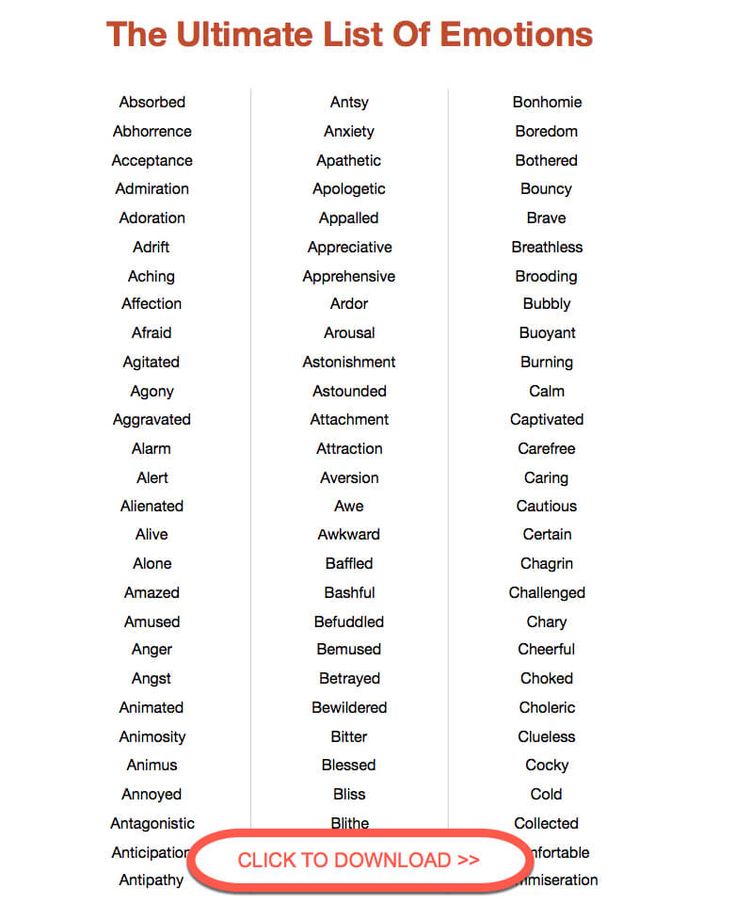 He begins to think that they came to him not so much to talk, but to eat. In the same way, when I extend my hand to a Russian woman for a handshake, this gesture seems strange to her. At the same time, if I do not extend my hand, then as an Austrian I feel that I am being impolite.
He begins to think that they came to him not so much to talk, but to eat. In the same way, when I extend my hand to a Russian woman for a handshake, this gesture seems strange to her. At the same time, if I do not extend my hand, then as an Austrian I feel that I am being impolite.
- Why is it important to understand the condition of another person?
- When I understand the state of another, his sadness or joy, this allows me to be closer to him. And if another person feels warm from the fact that they understand him, then this helps him a lot, supports him, gives him strength and deepens the relationship. Without understanding the emotional state of the other, relationships become difficult, weak, and confused.
- Can emotions be dangerous to health?
- I would not agree that emotions can be dangerous to health. But the ways in which we deal with our emotions can be dangerous, such as a person's rejection of their emotions.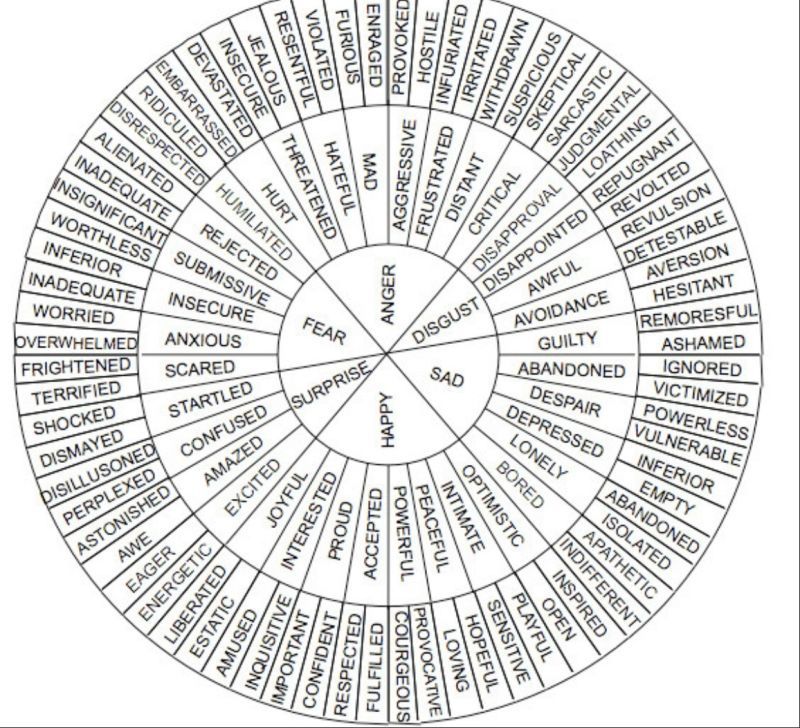 I have already said that emotion itself is just a form of perception, and perception, in turn, is a connection with reality. How can perception be dangerous if it matches reality? On the contrary, if we are not able to perceive reality, this is much worse, because the world affects us regardless of whether we perceive it or not. Therefore, I would say that emotions never threaten our health and only the wrong handling of them can be dangerous, which, unfortunately, happens quite often. As a result, we may experience depression or anxiety, which is an indication that we are in a bad relationship with reality. So-called pathological feelings are really signals that something in our life is under threat, that we should not continue to live the way we lived before.
I have already said that emotion itself is just a form of perception, and perception, in turn, is a connection with reality. How can perception be dangerous if it matches reality? On the contrary, if we are not able to perceive reality, this is much worse, because the world affects us regardless of whether we perceive it or not. Therefore, I would say that emotions never threaten our health and only the wrong handling of them can be dangerous, which, unfortunately, happens quite often. As a result, we may experience depression or anxiety, which is an indication that we are in a bad relationship with reality. So-called pathological feelings are really signals that something in our life is under threat, that we should not continue to live the way we lived before.
- Can we always keep our emotions under control? Why is it sometimes said about an overly emotional person that he lost his temper?
- Yes, we can indeed find ourselves in a situation where we lose control over our emotions or affects.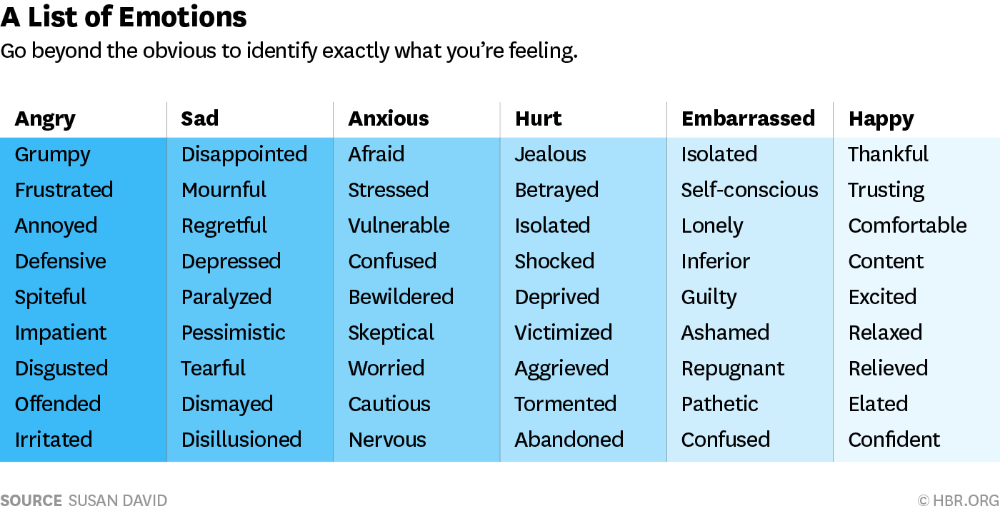 In an evolutionary sense, this has a positive meaning, because often emotions are more saving for our lives than thinking and controlled behavior. In all situations when we are faced with too much stress, we very slowly come to a result if we rely only on rational conclusions. Too much information processing is required to come up with an idea of what behavior would be appropriate in a given situation. In all such cases, the protective system of our psyche is triggered and we have protective reactions. Then, the source of our behavior in these situations are emotions or affects that we have no control over. Or another example, I meet an old friend on the street and in this situation I do not want to control my feelings, I want to experience joy and inspiration. If we could control all our behavior, then our life would be sterile and barren. But of course, the ability to live, is to deal with emotions competently. It is necessary to learn that a person always has a small space to agree or disagree with the feelings that he experiences, so that he can live in accordance with them.
In an evolutionary sense, this has a positive meaning, because often emotions are more saving for our lives than thinking and controlled behavior. In all situations when we are faced with too much stress, we very slowly come to a result if we rely only on rational conclusions. Too much information processing is required to come up with an idea of what behavior would be appropriate in a given situation. In all such cases, the protective system of our psyche is triggered and we have protective reactions. Then, the source of our behavior in these situations are emotions or affects that we have no control over. Or another example, I meet an old friend on the street and in this situation I do not want to control my feelings, I want to experience joy and inspiration. If we could control all our behavior, then our life would be sterile and barren. But of course, the ability to live, is to deal with emotions competently. It is necessary to learn that a person always has a small space to agree or disagree with the feelings that he experiences, so that he can live in accordance with them. For example, when I see my friend on the street, I feel a sense of joy and give my inner consent to what is happening. I say: “Oh, this is a very strong feeling, I am surprised, but I am ready to experience it with pleasure, I give this feeling the right to be.” But in other situations, when I am overwhelmed with some kind of aggressive reactions, I can also use this tiny opportunity to make a decision about my feelings and ask myself whether I agree with this aggression or not. The skill is to live the emotion with inner consent, or, in cases where there is no inner consent, to keep it.
For example, when I see my friend on the street, I feel a sense of joy and give my inner consent to what is happening. I say: “Oh, this is a very strong feeling, I am surprised, but I am ready to experience it with pleasure, I give this feeling the right to be.” But in other situations, when I am overwhelmed with some kind of aggressive reactions, I can also use this tiny opportunity to make a decision about my feelings and ask myself whether I agree with this aggression or not. The skill is to live the emotion with inner consent, or, in cases where there is no inner consent, to keep it.
- And how, in your opinion, is the experience of values connected with the emotional life of a person?
- We accept values just through our emotions. In the existential approach, values are considered as something that causes positive emotions in a person. What causes negative feelings is not a value. But why is the experience of values associated with emotions? Because values are what life feeds on, and emotion is the perception of the quality of this or that thing, idea, reality.![]() Thus, emotion tells me whether this or that object has the necessary quality to serve as food for my life.
Thus, emotion tells me whether this or that object has the necessary quality to serve as food for my life.
Concluding our interview, I would like to give a short definition of emotion. From an existential point of view, emotions are organs of perception of what is important for human existence.
Alfried LENGLE – Doctor of Medicine and Philosophy, psychotherapist, head of the School of Existential Analysis and Logotherapy, President of the International Society for Logotherapy and Existential Analysis.
Interviewed by existential psychologist Galina Timonova
Why do we need emotions?
17 144
Know yourself
I have heard many different statements: “Isn’t emotions in my head?”, “I’m a rational person and I’m proud of it, emotions are for hysterics”, it's good when they are under strict control and do not interfere with life", "Why talk about your feelings at all?", "Strong feelings are dangerous and destructive".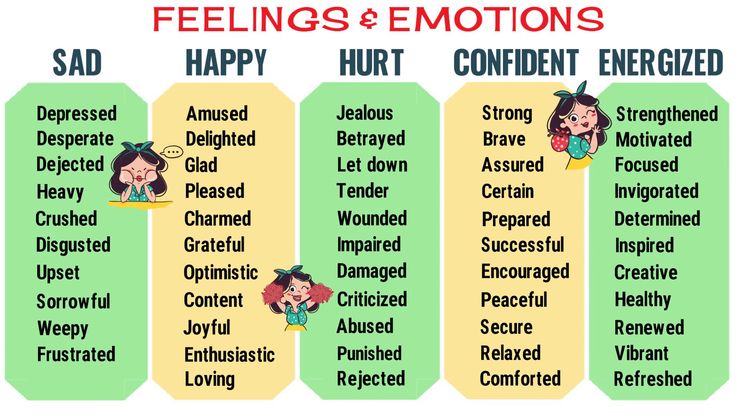 ..
..
In the vast majority of these thoughts voiced men. I returned home, I go online - and in front of me is a site on which a young man engaged in "self-development" actively promotes meditation and - which, unfortunately, very often goes in addition to meditation - the fight against "destructive emotions". His website is full of the words "stop", "stop", "eliminate", "contain", "win", "overcome", "dispose", "handle", "restrain", "force", "train the ego", " endure", "throw out of your head". He never consulted a psychologist.
Another example, this time from a woman. “I am an overly emotional and aggressive person. And that's bad. I don’t know how to suppress negative emotions in myself, because they interfere with my life and my loved ones. Literally today, because of my violent reactions, we parted ways with my young man. I sobbed all day. Here are the emotions again. There is no point in tears. No one will help me except me. And I understand perfectly well that with my screams I just sickened him, so I want to learn how to control my emotions .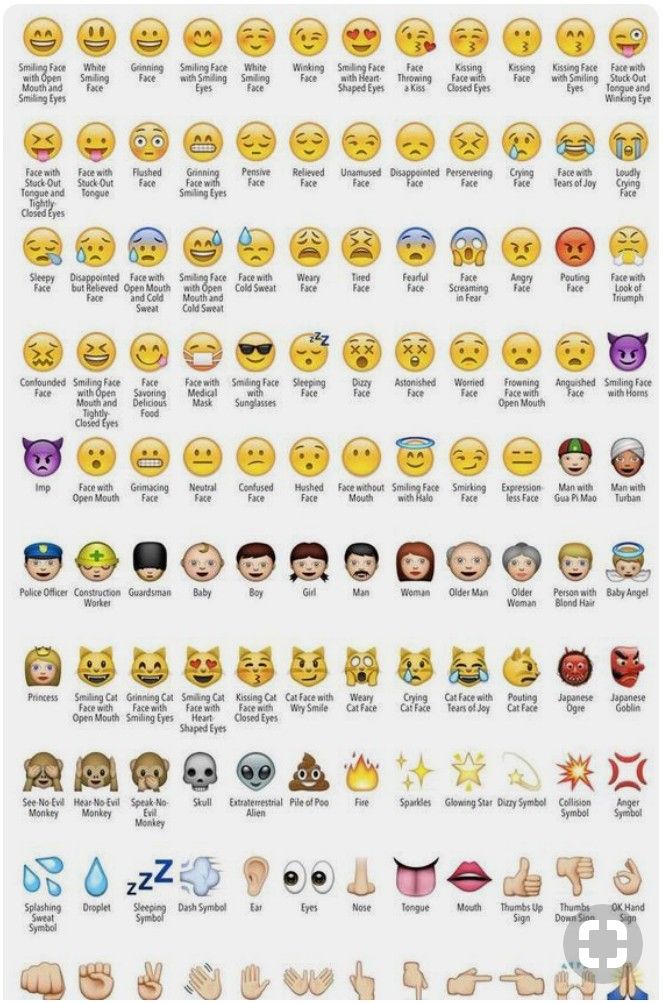 .. "0007
.. "0007
Let's start from the beginning
Emotions are a mental process, and to begin with it is important to explain what the psyche is. I am quite satisfied with this definition: the psyche is a systemic property of highly organized matter, which consists in the active reflection of the objective world by the subject and self-regulation on this basis of his behavior and activity.
In other words, a living organism that has acquired the ability to actively, and not passively (like plants or protozoa, like an amoeba) interact with the environment, reveals the presence of a psyche. The psyche does not exist separately from the nervous system and is based on the neuro-humoral (hormonal) regulation of the body's vital activity.
If we completely turn off the emotional life of a person, then he will simply lie down and stare at the ceiling - there is no energy mobilization
Why does living matter need the psyche (the ability to actively respond to stimuli from the outside world)? Imagine two conditional living cells, one of which completely dispenses with this excess, and the second has acquired it.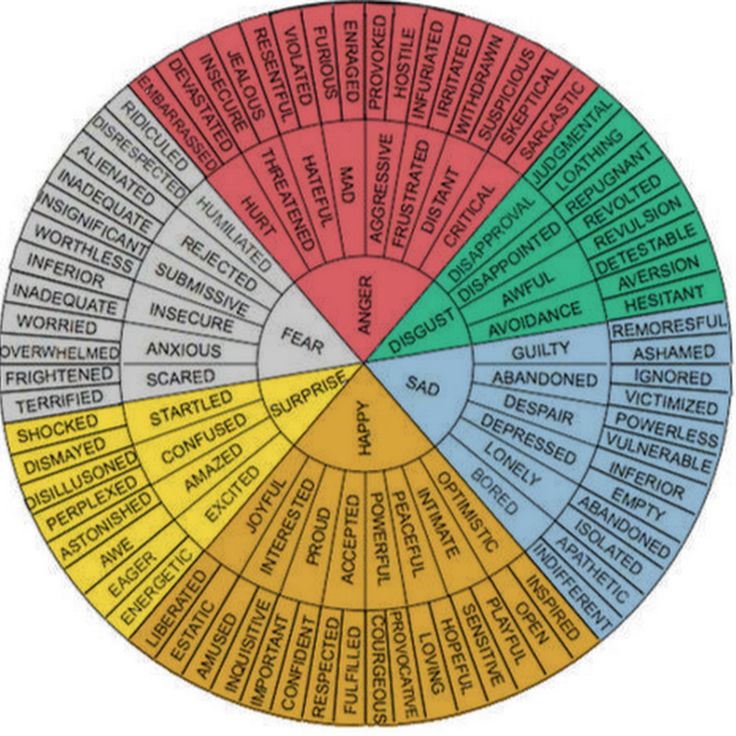 The first will be carried by waves / wind, it will receive nutrients according to a random principle: if it finds itself in a suitable environment, it will eat, if not, it will die; it's the same with danger. And the second one will begin to actively collect information from the outside world about the presence / absence of food or danger, and even before it encounters a danger, and will react not in a direct collision with food / danger, but when receiving signals about the close presence of food / danger.
The first will be carried by waves / wind, it will receive nutrients according to a random principle: if it finds itself in a suitable environment, it will eat, if not, it will die; it's the same with danger. And the second one will begin to actively collect information from the outside world about the presence / absence of food or danger, and even before it encounters a danger, and will react not in a direct collision with food / danger, but when receiving signals about the close presence of food / danger.
Not a single tree has yet escaped from a woodcutter, and the point is not only that trees cannot run, but also that they are unable to respond to steps or the image of an approaching man with an ax ... It is clear that the more complex the nervous system, the more diverse the ways in which an animal interacts with the world, including such an extremely important thing as the ability to learn.
Highly organized matter
Emotions are very ancient regulators of the behavior of a living organism in its interaction with the outside world.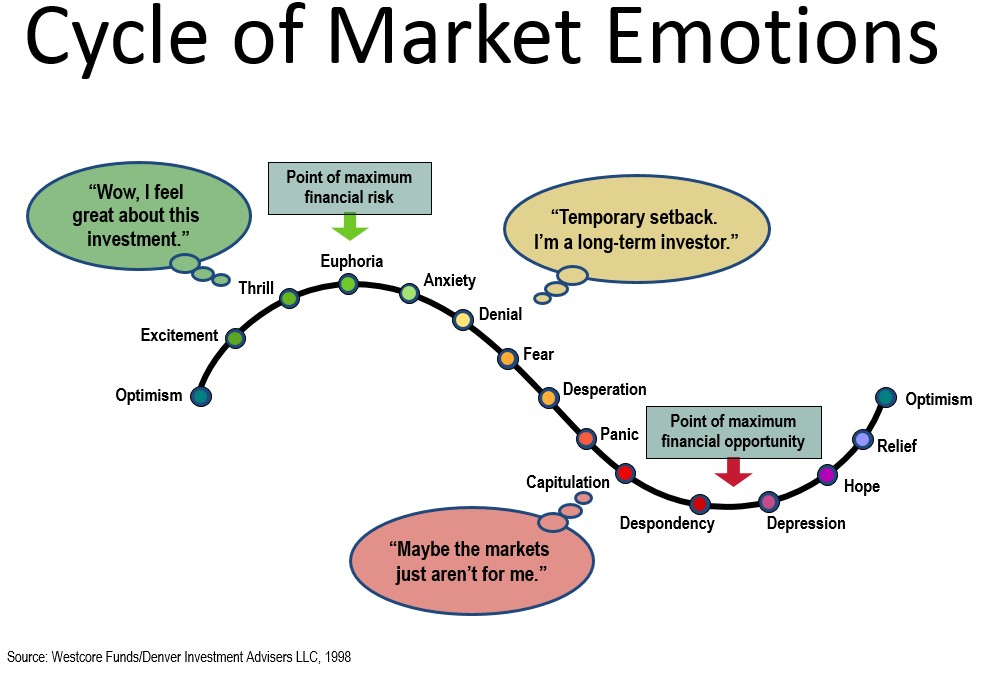 Much more ancient than our conscious mind, which in an evolutionary sense exists only for a moment. This is a kind of pre-rational signaling system that lets the whole organism know about what is happening either with it or with the environment, and mobilizes it for action.
Much more ancient than our conscious mind, which in an evolutionary sense exists only for a moment. This is a kind of pre-rational signaling system that lets the whole organism know about what is happening either with it or with the environment, and mobilizes it for action.
The more developed the nervous and humoral systems of regulation, the more complex the emotional life of a living being (it is important to remember that the experience of emotions is closely related to hormones/neurotransmitters). Emotions work faster than the conscious thinking of a person, and much more. At the same time, emotional and cognitive (cognitive) processes are a single whole, and it is impossible to separate one from the other, if only because emotions are connected in the same way with information processing.
There is no unified theory of emotion, but what most people agree on is that emotion is a subjective experience of the body's reactions to various kinds of changes in the internal or external environment.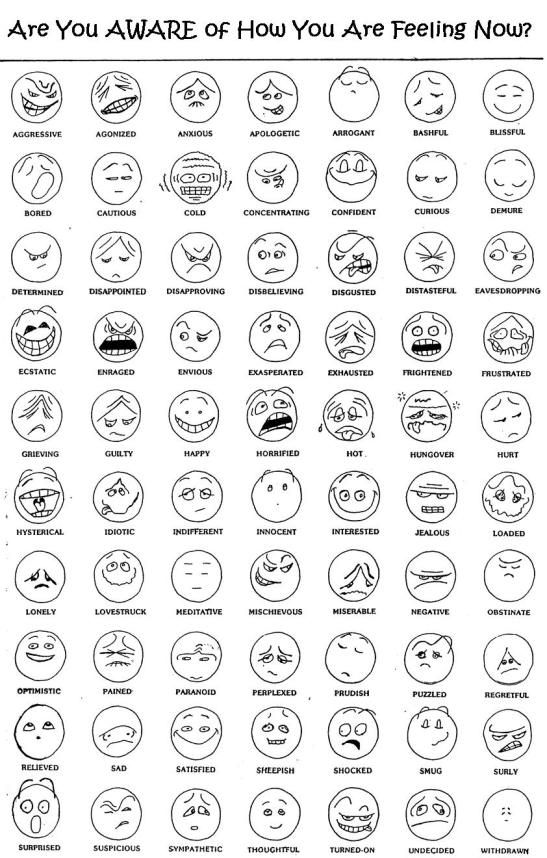 For example, fear can be described purely physiologically (increased heart rate, sweating, trembling in the knees), but on a subjective level, we experience precisely fear, and not just feel that “for some unknown reason, my knees give way.”
For example, fear can be described purely physiologically (increased heart rate, sweating, trembling in the knees), but on a subjective level, we experience precisely fear, and not just feel that “for some unknown reason, my knees give way.”
So, by the way, it happens when the conscious experience of fear is blocked completely: the body “experiences” fear, but on the subjective conscious level “everything is in order”. So, what functions do emotions perform (I will talk about human emotions)? At least three:
Estimated. For example, we experience fear when our brain, having considered all possible information in the external environment, issues the conclusion: “Danger!” The conclusion is based on previous experience, so our emotional reactions are far from always adequate to the situation: a mentally healthy person with paranoid behavior, having become a hostage to the generalization (overgeneralization) of his past negative experience of communicating with significant people, is now afraid of all people.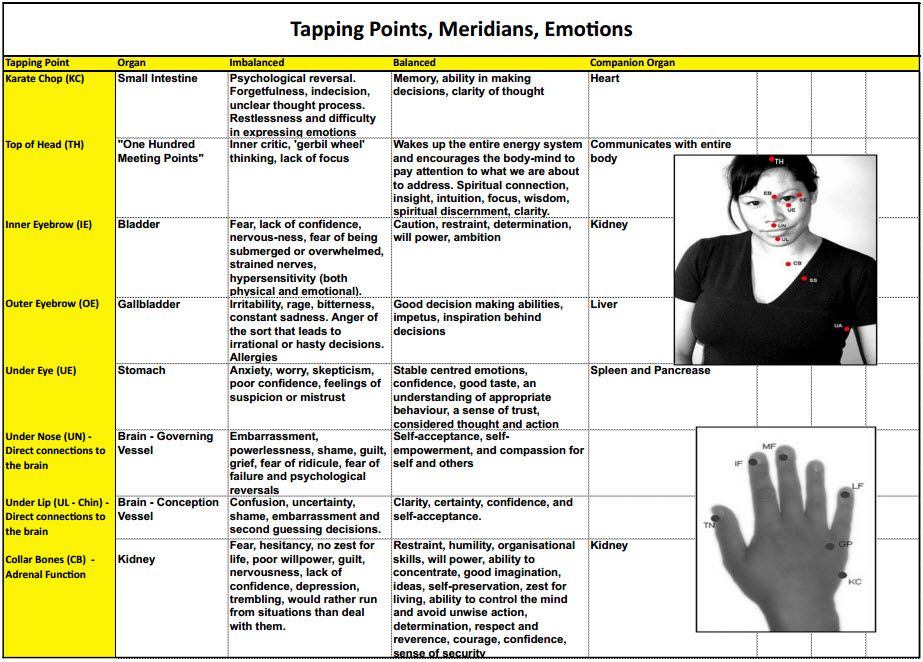
Positive emotional states like joy and happiness are also associated with an assessment of how things are. Can you guess why it is impossible to “turn off” negative emotions without suppressing positive ones as well? The function is one.
Motivation and energy mobilization. Emotions also motivate us to perform certain actions. If we completely turn off the emotional life of a person, then he will simply lie down and look at the ceiling - there is no mobilization of energy. We all know the powerful “I want!” and accompanying emotions; nervous excitement with anxiety; a strong release of energy during anger. Emotions can also motivate “on the contrary”: “never again!”. We are ready to go to great lengths, just not to experience some very, very negative experiences.
Shame points to a bottomless hole in terms of the inability to satisfy the need to be accepted by other people
If we don't care, we won't do anything, because there is no energy.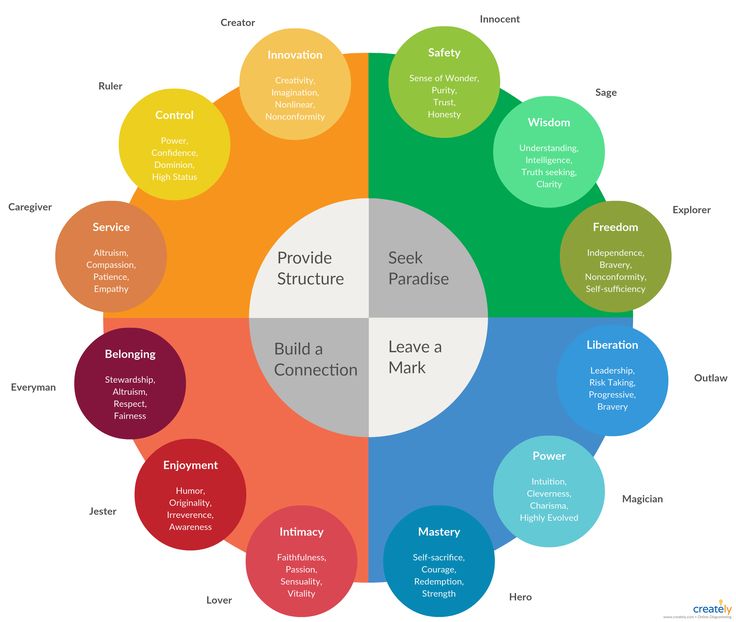 There is one problem with the motivational function. The general pattern of our psyche is the struggle of motives, when directly opposite aspirations come into conflict, which is why there is a lot of energy, but it is partially used to suppress the “wrong” incentives. You know the emotional situation when you want to buy something, but the price is very high, or you need to make a choice of one thing out of five, for example? But I really want to buy ...
There is one problem with the motivational function. The general pattern of our psyche is the struggle of motives, when directly opposite aspirations come into conflict, which is why there is a lot of energy, but it is partially used to suppress the “wrong” incentives. You know the emotional situation when you want to buy something, but the price is very high, or you need to make a choice of one thing out of five, for example? But I really want to buy ...
Marking needs. Emotions are closely related to needs, and their third function (associated with the first two) is to provide a person with energy to satisfy a particular need and evaluate how this satisfaction occurs. For example, an unsatisfied need for security is “marked” with fear (if the threat is obvious and understandable) or anxiety (there is a threat, but it is not clear what), fear and anxiety mobilize energy to counter the threat (most often through control).
Shame indicates a bottomless hole in terms of the impossibility of satisfying the need to be accepted by other people, anger indicates a sudden obstacle to the satisfaction of certain desires.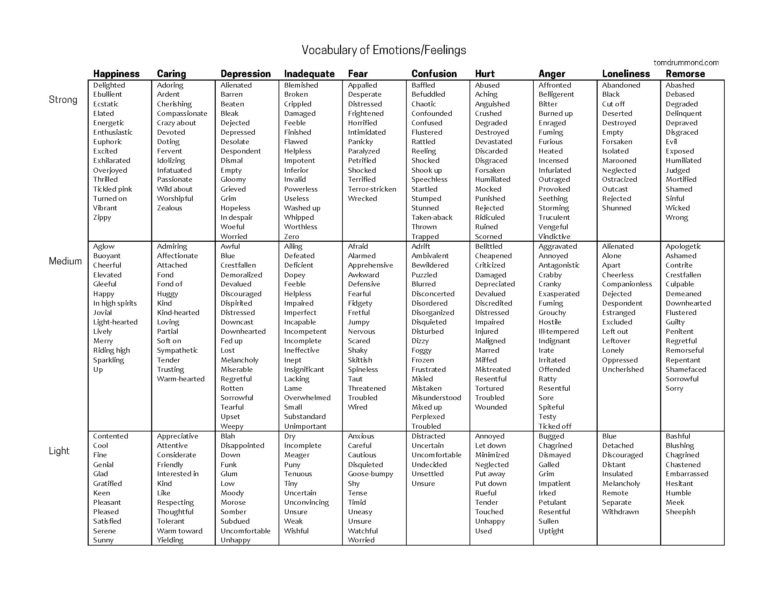 We may not be aware of the need, but at the same time experience the emotions associated with it - this is the "marking" of needs.
We may not be aware of the need, but at the same time experience the emotions associated with it - this is the "marking" of needs.
Emotions can be simple or complex. Simple emotions are primary, simple experiences, while complex emotions are made up of several simple ones (and are often referred to as "feelings").
Simple emotions include: fear, anger, disgust, sadness, shame, guilt, tenderness, joy, satisfaction, curiosity, surprise, gratitude. Behind each of these emotions lies an assessment of the situation, motivation for a certain action, marking a need.
Fear: danger/avoid threat/need for safety.
Guilt: I did something bad/to atone for guilt/need to be accepted by other people.
Gratitude: something good was done to me/to reward a benefactor/a need for relationships with other people. And so on. Simple emotions can easily be translated into action.
Rational or emotional?
So, an attempt to become a "rational machine" or ignore emotions, sitting in meditation and waiting for them "to pass by themselves, the main thing is not to interfere in anything" is an attempt to ignore the ancient mechanism of self-regulation, which also works on an unconscious level (consciousness simply does not keep up). Therefore, sometimes it seems to us that emotions arise by themselves, without any reason. This may be the case if you have taken psychoactive substances or if you have serious mental problems (in depression or schizophrenia, the balance of neurotransmitters is disturbed). Otherwise, emotions always have causes (conscious or not), because our psyche is in continuous interaction with the environment.
Therefore, sometimes it seems to us that emotions arise by themselves, without any reason. This may be the case if you have taken psychoactive substances or if you have serious mental problems (in depression or schizophrenia, the balance of neurotransmitters is disturbed). Otherwise, emotions always have causes (conscious or not), because our psyche is in continuous interaction with the environment.
Therefore, “I don’t understand what came over me, why I get irritated with everyone for no reason!” - this is a direct indication that some need is not satisfied, and for a long time, and instead of fighting "hysteria", it would be good to listen to what the emotion wants to communicate. However, irritation at everyone and everything is not an emotion, but a muddy hodgepodge / okroshka from unexperienced feelings and misunderstood own needs.
When we fight emotion, we fight a problem indicator, not a problem
As Jung said about depression: “Depression is like a lady in black.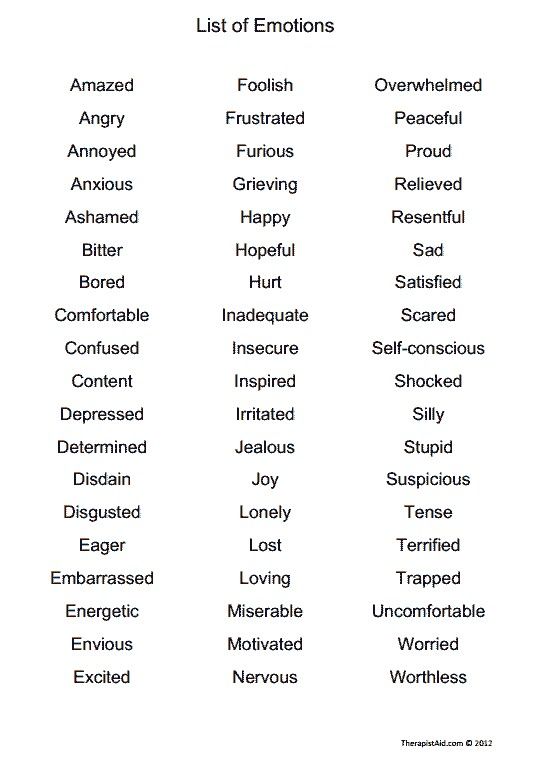 If she comes, do not drive her away, but invite her to the table as a guest, and listen to what she intends to say. When we fight emotion, we fight the indicator of the problem, not the problem. As if the best way to fight a fire is to smash a fire alarm or yell at a burning red light.
If she comes, do not drive her away, but invite her to the table as a guest, and listen to what she intends to say. When we fight emotion, we fight the indicator of the problem, not the problem. As if the best way to fight a fire is to smash a fire alarm or yell at a burning red light.
How to overcome jealousy? Do not fight with jealousy, but deal with the feeling of your own inferiority and uncompetitiveness in the struggle for a partner.
How to overcome the fear of public speaking? Do not fight with fear, but understand why you make the task of “pleasing everyone present” a priority over the task of “bringing the desired information to interested listeners.” Face that which causes fear, and do not break the alarm.
Emotions, as I have already said, do not always tell us the truth, because in the human psyche they are refracted through past experience or borrowed other people's attitudes. We can see fire where there is none. But they always tell us something about our inner world, about the prism through which we look at the environment around us, and give us energy to make changes.